Why Western regimes, media, NGOs didn't condemn Shiraz terrorist attack
By Ivan Kesic
On Sunday, a heavily-armed terrorist went on a shooting spree at the Shah Cheragh holy shrine in Iran's southern city of Shiraz, killing at least two people and injuring several others.
The terrorist attack was condemned by many countries, including Armenia, Azerbaijan, Iraq, Pakistan, Turkey, Russia, Syria, Venezuela and some Persian Gulf Cooperation Council (PGCC) states.
But many Western countries, including the US and UK, continued with their preposterously hypocritical stance on terrorism – applying the absurd binary of “good” and “bad” terrorism.
Iran’s Interior Minister Ahmad Vahidi in his remarks on Monday, a day after the terrorist attack, censured international bodies and so-called human rights advocates for their silence.
He said their silence emboldens terrorists and fuels the flames of terrorism.
“Last year, we witnessed a similar incident in the holy shrine, where a group of our loved ones were martyred. All international bodies and the countries claiming to be advocating human rights remained silent. Their silence promotes such terrorist acts,” Vahidi told reporters during a visit to Shiraz.
The same day, the British ambassador to Tehran took to Twitter and offered his sympathies over what he termed an “incident”. As if it was a road mishap or someone falling from the roof.
He deliberately avoided the “terrorist” connotation because the attackers were “good” terrorists.
Iranian users on the X social network called him out for insincerity, hypocrisy and double standards. Among them was Iran’s ambassador to Azerbaijan, Seyed Abbas Mousavi.
“While you call knife attacks “terrorism” in London, you turn a blind eye to real terrorism,” he wrote in response to the British envoy. “Also, remember that if it were not for the courage of Martyr (Qassem) Soleimani, you would have been collecting corpses in the streets of London every day.”
The British ambassador's statement is not a careless omission, but part of the official terminology that is carefully used for terrorist attacks depending on location, context and above all interests.
In its coverage of the dastardly attack on the Shah Cheragh shrine, this year and the last, the BBC news network put terrorism in quotation marks, terming it a “claim” of the Iranian government as if there is no clear definition of terrorism as an attack on civilians with the aim of causing fear.
For the BBC and other Western news outlets, even Takfirism is supposedly an Iranian term, although it has long existed as a scholarly term that narrows Daesh's ideological extremism to its core.
Instead, the BBC insists on the Sunni prefix for the perpetrators, so in its reports, the network preferred the use of terms such as "Sunni jihadist group", "Sunni Muslim militants" and "radical Sunni."
Identical terminology and rhetoric can be found in American government media such as Voice of America (VOA), Radio Free Europe/Radio Liberty (RFE/RL) with its affiliate Radio Farda, and so on.
Both terrorist attacks in Shiraz within one year were not even mentioned by soft-power propaganda organizations operating under the guise of human rights, such as the ‘American’ Human Rights Watch (HRW) and the ‘British’ Amnesty International.
The two organizations tend to condemn attacks when the condemnation is in favor of the policies of Washington and London, but when this is not the case, they tend to ignore it.
Traditionally, as we have seen, reactions of those two groups will come only when the Iranian courts convict terror perpetrators, after which they throw out clichéd stories about unfair trials, severe punishments and human rights violations.
The roots of these terminological manipulations go back to 2001 when an official narrative about terrorism with an Islamic prefix was formed for the needs of Anglo-American interventionism.
For all the attacks committed by Takfiri terrorists, the favored epithets were "Islamic," "Islamist" or "Muslim," often accompanied by "extremist" or "radical" due to apparent neutrality.
With such media propaganda intended for ignorant masses and manipulation of public opinion, "democratic" support for military aggression in West Asia was easily achieved, and rampant Islamophobia was a side effect.
It is evidently not in the interest of the official Anglo-American narrative to use a more precise and specific term that reduces the problem to Takfiri ideology but favors a general religious term that directly or subtly generalizes two billion Muslims.
On the other hand, by building this perception of a simplified binary world, a self-image was created as a victim of terrorism, and that is why various attacks in the West, regardless of the motives, are indiscriminately described as terrorist.
Also for the purposes of Anglo-American politics, another media narrative was created about the alleged "Sunni-Shia conflict," which was intensively used during the war against Daesh in Iraq and Syria, especially by the HRW and its sister organizations.
Echoes of this narrative are visible in Anglo-American media coverage about the terrorist attacks in Shiraz, which emphasize that the shrine is Shia and that the perpetrators are "Sunni," a vile attempt to cause discord between the two communities and anti-Sunni hatred, similar to Islamophobia in the West.
Interestingly enough, such Sunni prefixes for Daesh terrorists are never used when it comes to attacks in the Western world, but exclusively the Islamic prefix.
In other words, Washington and London subtly present Takfiri terrorism in the West as an Islamic conspiracy, and the same Takfiri terrorism in the West Asian region as a sectarian conflict.
If they call such terrorism by its true name, as well as if they call the attacks in Iran terrorist, the carefully constructed perception of two global blocs - one as a victim of terrorism and the other as a manufacturer of terrorists, would collapse.
Ivan Kesic is an independent journalist and researcher who specializes in West Asia affairs.
(The views expressed in this article do not necessarily reflect those of Press TV.)
VIDEO | Iran's 'Eqtedar' (Power) maneuver
Israel hits HTS military target in Syria for 1st time since fall of Assad
VIDEO | Press TV's news headlines
Israel has slaughtered 13,000 students in Gaza, West Bank
VIDEO | More Zionist than Zionists: Biden’s legacy to be defined by Gaza genocide
Hamas confirms handing approval of Gaza ceasefire deal to mediators
VIDEO | Iran: Show of strength
UNRWA will ‘stay, deliver’ aid to Palestinians despite Israel’s ban: Lazzarini


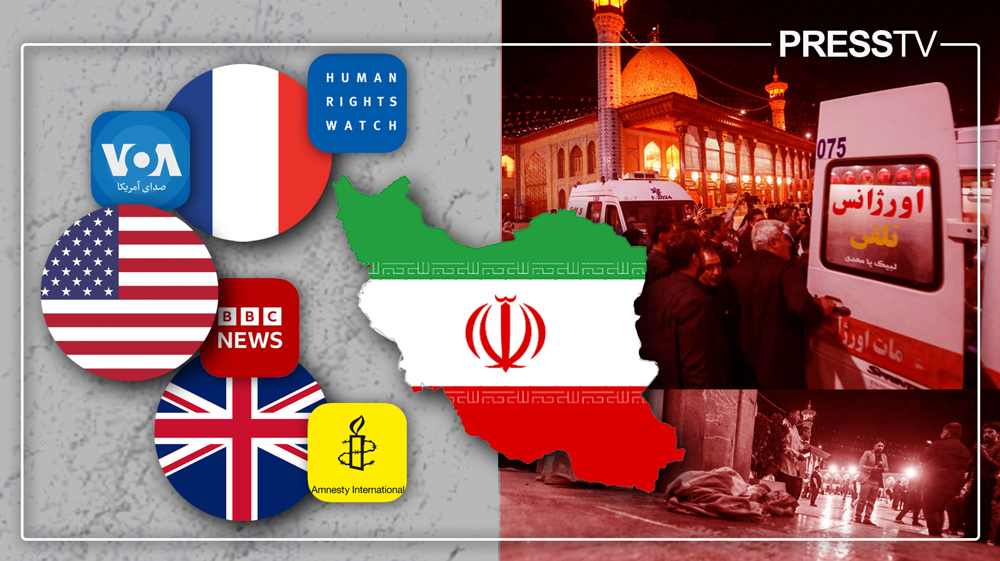
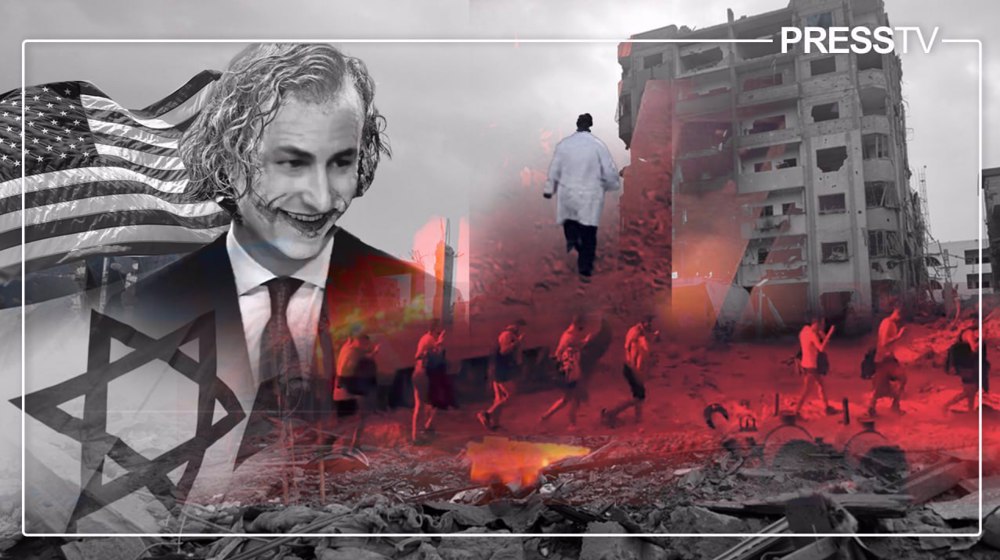
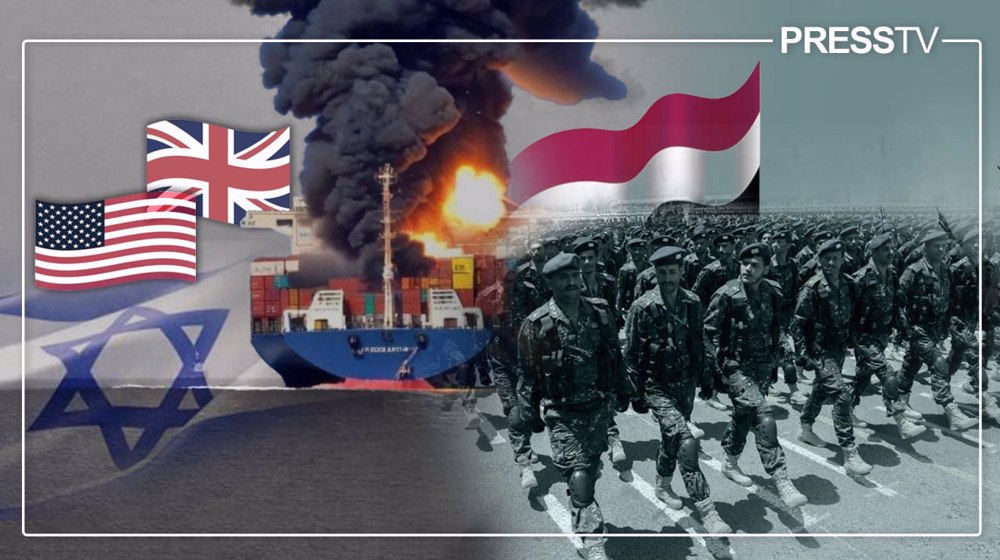
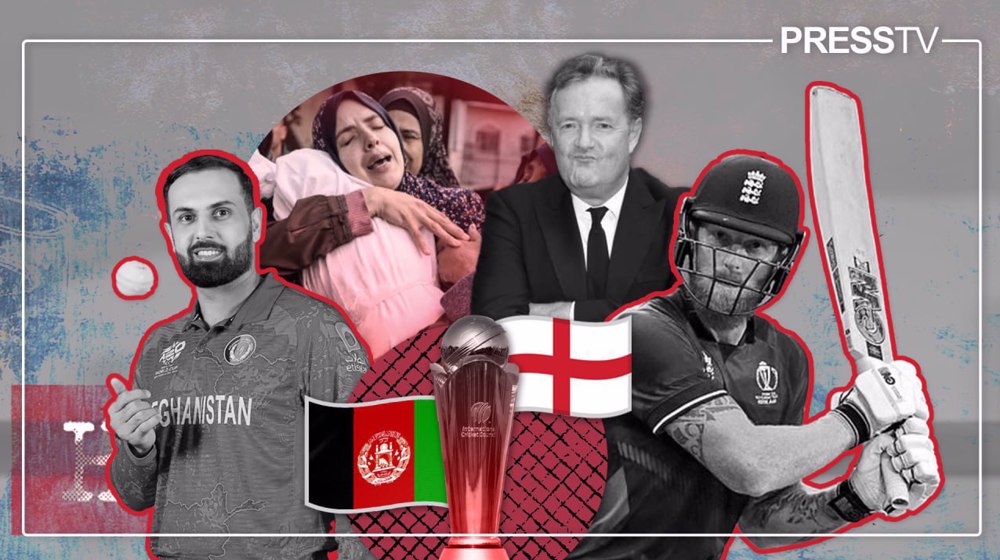



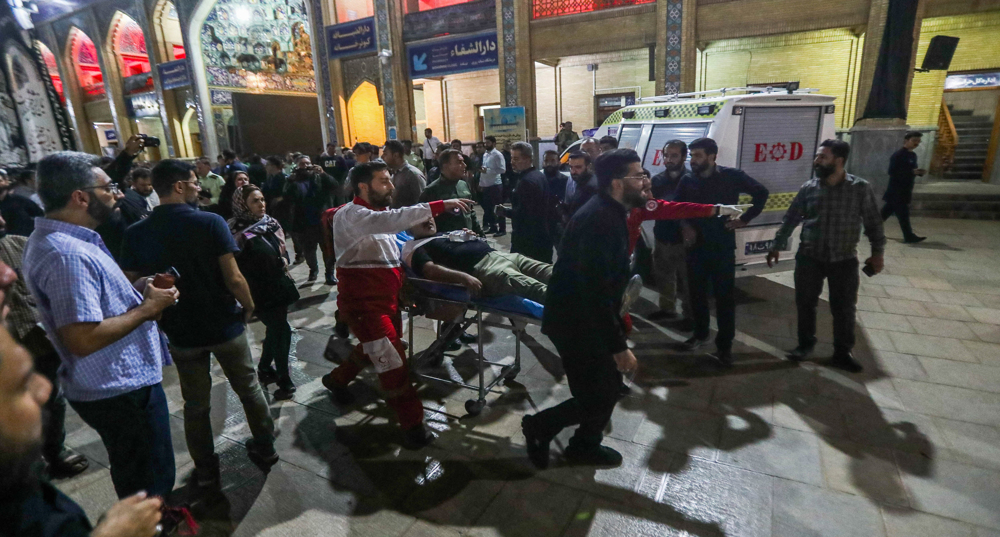
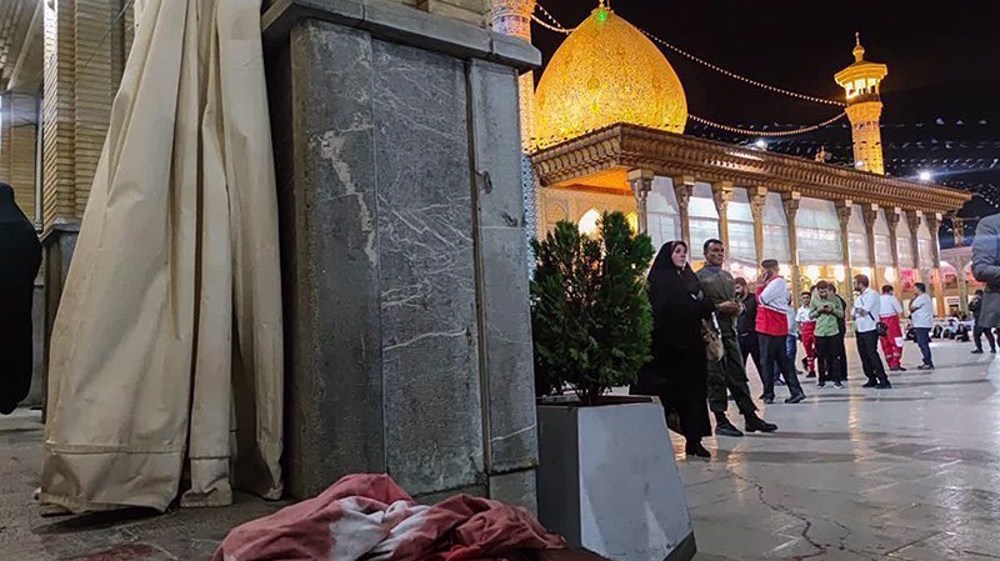
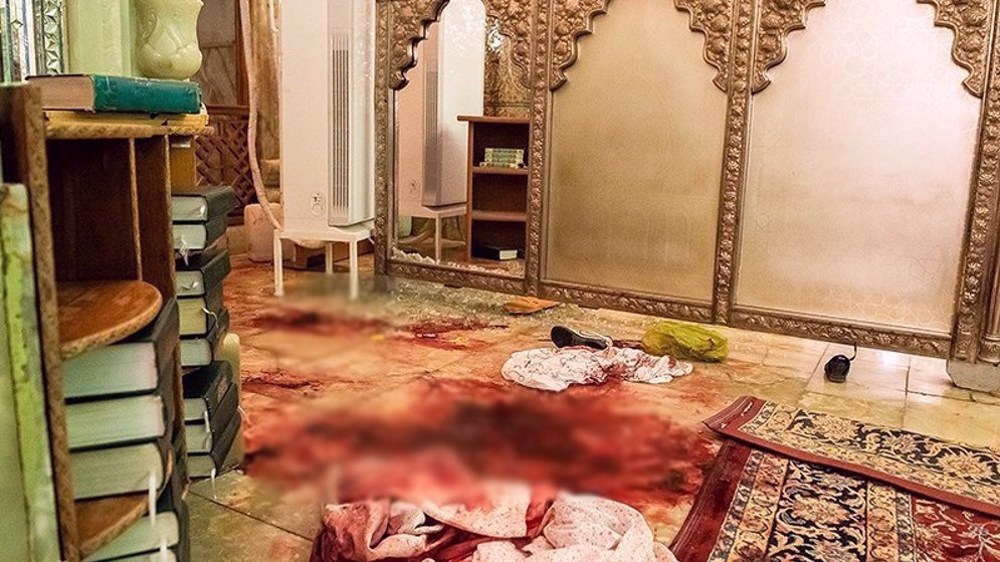
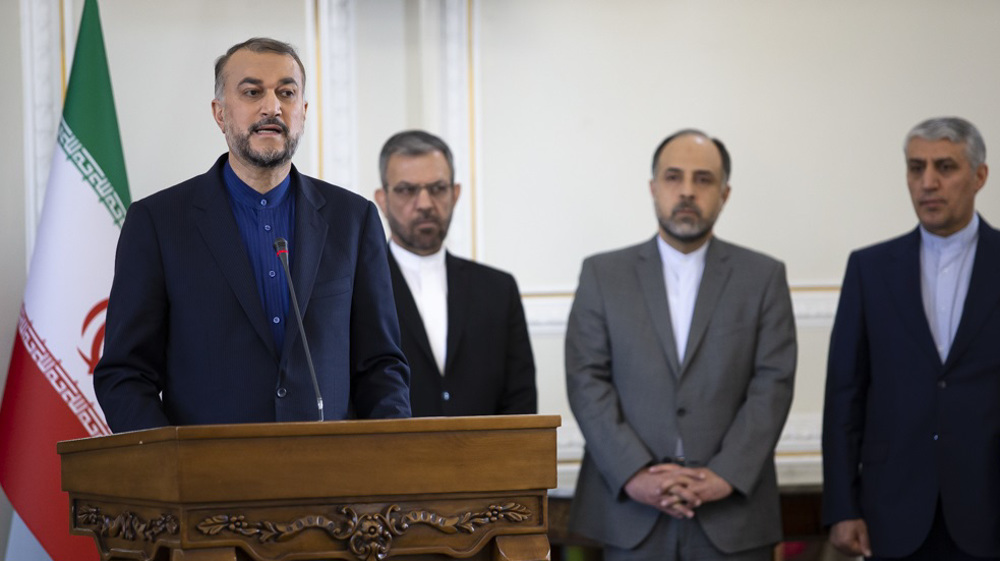
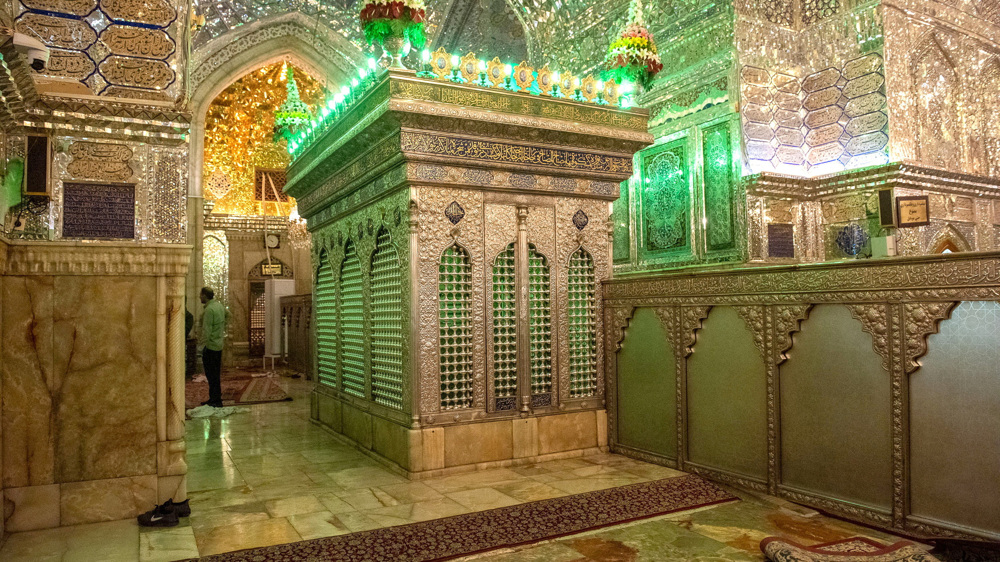

 This makes it easy to access the Press TV website
This makes it easy to access the Press TV website